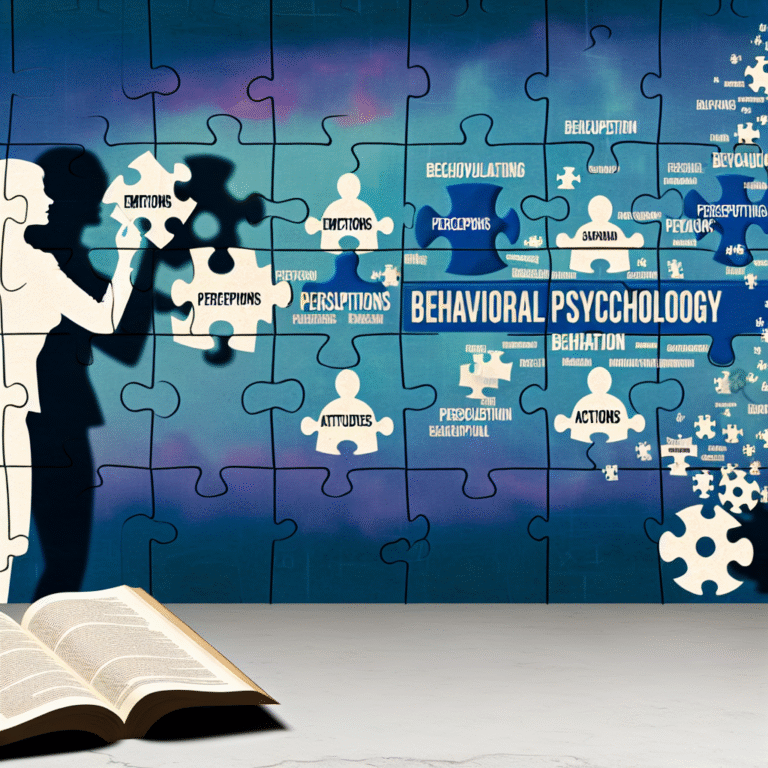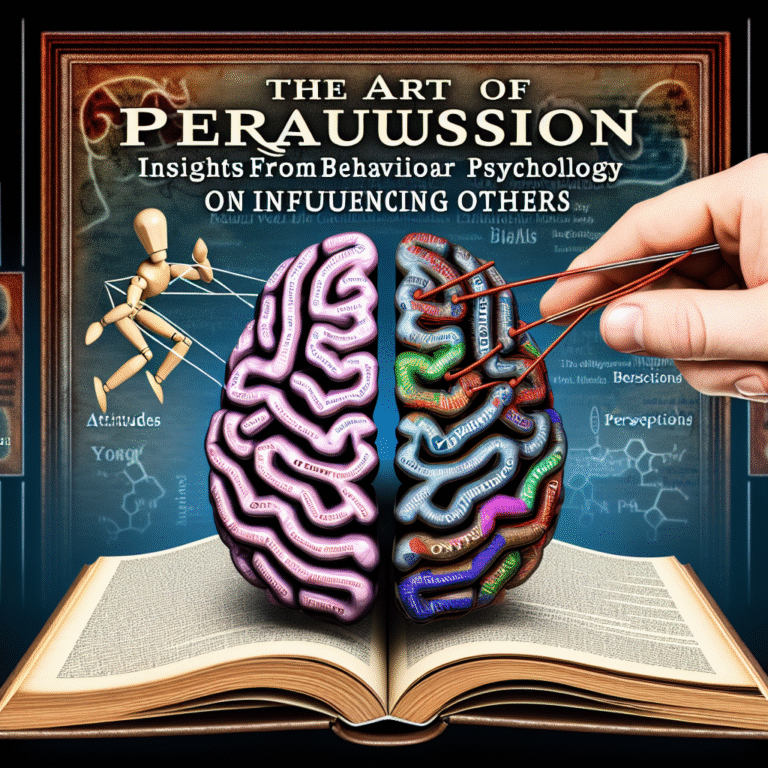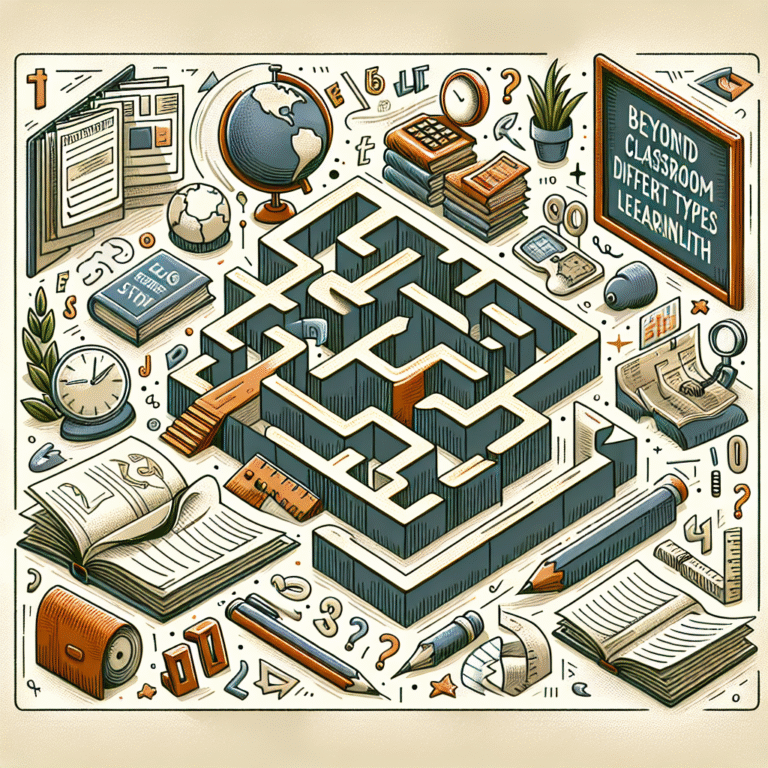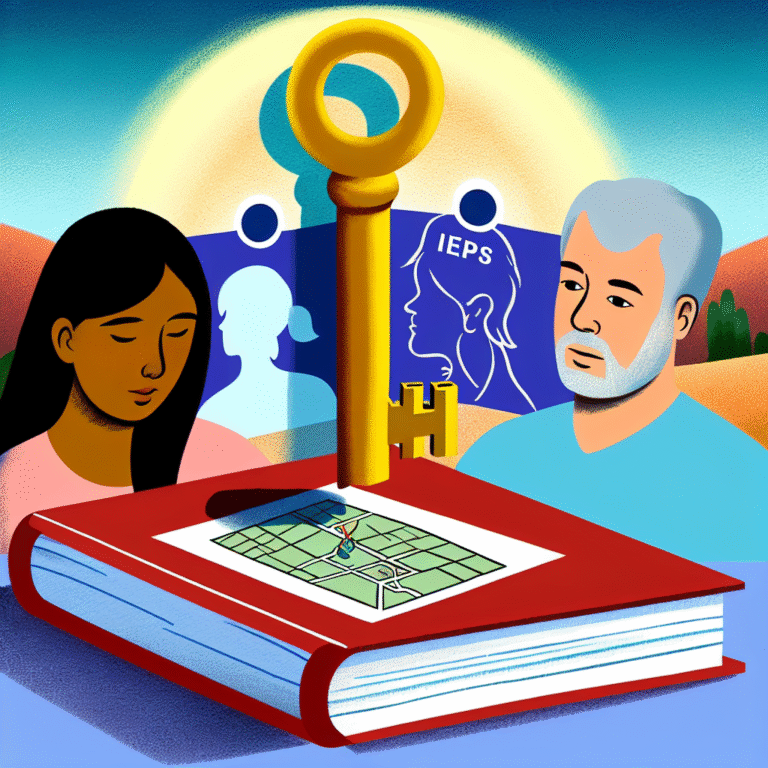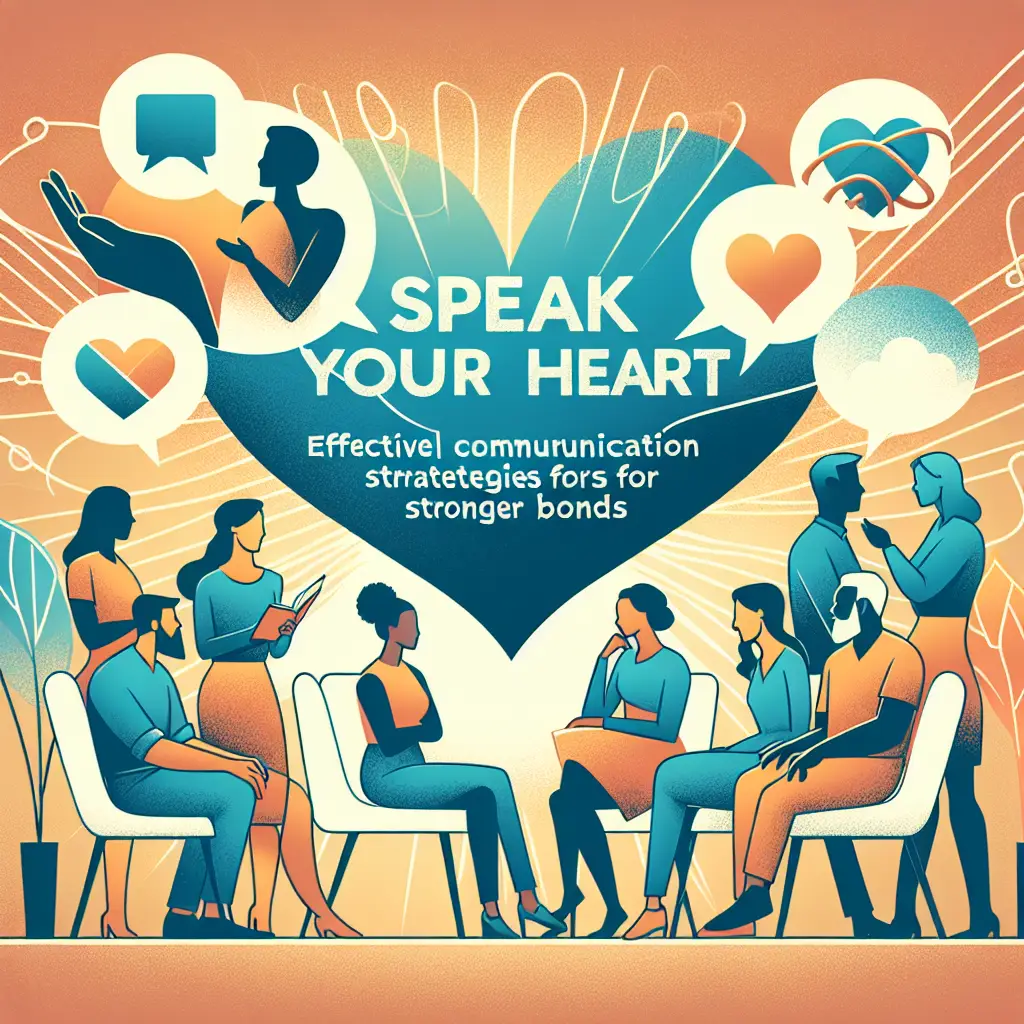
Speak Your Heart: Proven Communication Strategies for Stronger Bonds
Introduction
Effective communication is the cornerstone of meaningful relationships, yet it remains one of the most challenging aspects of human interaction. Whether in personal relationships, professional settings, or casual encounters, the way we communicate can strengthen or weaken our bonds with others. In today’s fast-paced world where technology often trumps face-to-face interactions, the ability to articulate our feelings and thoughts has never been more crucial. This article explores the concept of “Speak Your Heart: Effective Communication Strategies for Stronger Bonds,” providing you with essential tools and insights to enrich your relationships.
The Importance of Communication in Relationships
Communication is much more than just exchanging words; it is about connecting with others on an emotional level. This connection is particularly important in building trust and understanding within any relationship. According to a study conducted by the Journal of Social and Personal Relationships, effective communication significantly enhances relationship satisfaction. The findings suggest that couples who openly express their feelings tend to have higher levels of intimacy and trust.
Case Study 1: The Listening Couples
A couple, Sarah and Tom, struggled with constant misunderstandings. They decided to implement regular check-ins where they spoke openly about their feelings and listened actively to each other. Over time, they noticed a dramatic improvement in their relationship, fostering an environment of empathy and respect. This case underscores the importance of creating safe spaces for dialogue, reinforcing the notion that genuine listening is a vital component of effective communication strategies.
Essential Communication Strategies
1. Active Listening
Active listening is foundational to effective communication. It involves not just hearing the words but fully engaging with the speaker to understand their message. When practicing active listening, consider the following:
- Maintain eye contact to show attentiveness.
- Avoid interrupting while the other person speaks.
- Summarize what you’ve heard to confirm your understanding.
This strategy fosters trust and ensures the speaker feels valued, important steps in "Speak Your Heart: Effective Communication Strategies for Stronger Bonds."
| Active Listening Techniques | Benefits |
|---|---|
| Maintain eye contact | Enhances connection |
| Reflect feelings and thoughts | Validates the speaker |
| Ask open-ended questions | Encourages deeper dialogue |
2. Nonverbal Communication
Speaking your heart also involves being aware of nonverbal cues. Body language, facial expressions, and tone can convey messages just as powerfully as words. For instance, crossed arms may suggest defensiveness, while an open posture indicates receptiveness.
Case Study 2: The Power of Nonverbal Cues
Jessica found that her partner often misinterpreted her intentions due to her closed-off body language during discussions. By becoming conscious of her posture, she was able to express openness, leading to more productive conversations. This shift in nonverbal communication transformed their ability to resolve conflicts effectively.
3. Empathy and Validation
Empathy involves understanding and sharing the feelings of another. Validating emotions means acknowledging what the other person is feeling without judgment. These practices are essential in a world where many people feel unheard.
To implement empathy:
- Put yourself in the other person’s shoes.
- Reaffirm their feelings by saying things like, "I can see why you feel that way."
Modes like these are pivotal when you choose to "Speak Your Heart: Effective Communication Strategies for Stronger Bonds."
4. Expressing Yourself Openly
While listening and understanding are critical, expressing your feelings is equally important. Speak about your thoughts and emotions honestly and respectfully. Use “I” statements to avoid sounding accusatory. For example:
- Instead of saying, “You make me feel frustrated,” try “I feel frustrated when…”
This method minimizes defensiveness and invites open dialogue.
5. Timing Matters
Choosing the right moment for discussions can influence their effectiveness. Reserve time for serious conversations when neither party is distracted, stressed, or tired.
Case Study 3: The Importance of Timing
Mark and Lily had repeatedly tried to discuss their finances during busy times. Their conversations often led to arguments, undermining the relationship. When they dedicated Sunday afternoons to talk about financial goals, they found success in navigating challenges together, reinforcing the bond they shared.
Additional Strategies for Strengthening Bonds
1. Use Reflective Responses
When you respond reflectively, you’re not just acknowledging what someone has said. Instead, you mirror their emotions back to them. This communicates understanding and concern.
2. Be Vulnerable
Sharing your own struggles can encourage others to open up. Vulnerability fosters deeper connections and strengthens trust.
Conclusion
In the end, to "Speak Your Heart: Effective Communication Strategies for Stronger Bonds" is about creating strong connections built on trust, understanding, and respect. Through active listening, nonverbal communication, empathy, open expression, and proper timing, we can enhance our relationships and foster a culture of open dialogue. These strategies not only improve personal connections but also create a ripple effect in professional and community settings.
FAQs
1. How can I improve my active listening skills?
Practice maintaining eye contact and summarizing what others say to confirm understanding. Avoid distractions during conversations.
2. What if my partner is not receptive to open conversations?
Choose a good time and environment for discussions and express your thoughts using "I" statements to avoid sounding accusatory.
3. How can I express vulnerability without feeling exposed?
Start by sharing small concerns or emotions, gradually building up to deeper disclosures as you gauge the other person’s reaction.
4. What role does empathy play in communication?
Empathy allows you to understand and resonate with others’ feelings, fostering stronger emotional connections and improving overall communication.
5. How can I practice nonverbal communication effectively?
Be mindful of your body language and facial expressions, ensuring they align with the message you wish to convey.
By taking the time to adopt and practice these strategies, we can all improve our communication skills and, as a result, our relationships. Growing together through mutual understanding and connection is the ultimate goal of implementing effective communication strategies. So, remember to always "Speak Your Heart: Effective Communication Strategies for Stronger Bonds," and watch as the quality of your relationships flourishes.






